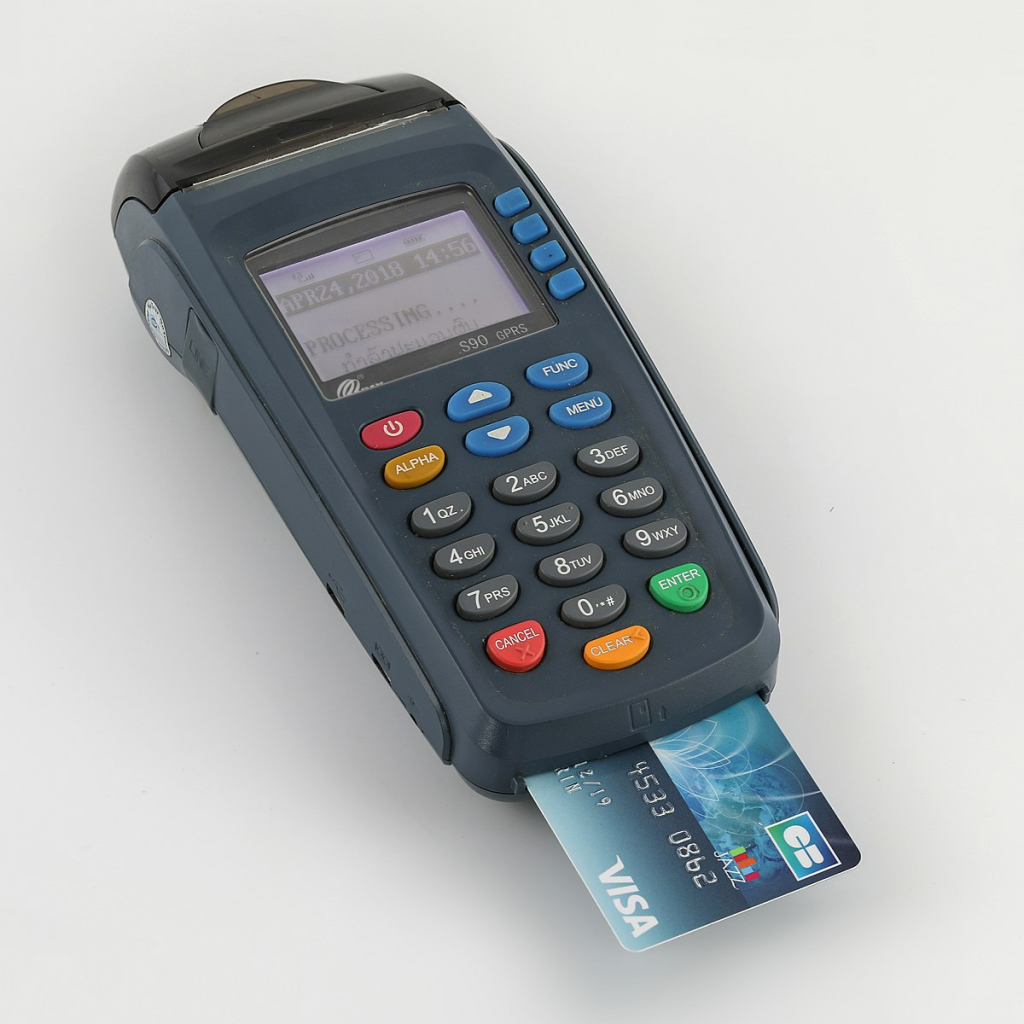Offering bank card products involves moving the energetic landscape of financial engineering, knowledge the evolving needs of companies, and providing answers that enhance efficiency and customer experience. As a vendor, it’s vital to position credit card machines not merely as deal instruments but as integral components of a modern, streamlined business operation.
One of many key main points in offering credit card machines is showing the huge benefits they provide to businesses. These devices permit protected and convenient transactions, accommodating a number of payment practices from conventional card swipes to contactless payments and processor inserts. Focusing the pace and stability of the transactions is vital, particularly in a global where clients assume easy and rapid cost processes.
In addition to transactional efficiency, suppliers must underscore the safety characteristics stuck in contemporary credit card machines. With increasing problems about information breaches and fraud, businesses are willing on adopting answers that prioritize the security of economic transactions. Credit card machines equipped with encryption technology and compliance with industry criteria give a protected environment for both businesses and their customers.
Knowledge the varied needs of firms is paramount in selling credit card machines. Different industries might need specific characteristics, such as for example inventory administration integration, suggestion handling for restaurants, or recurring billing for subscription services. Customizing options based on the special needs of every client fosters trust and ensures that the bank card unit aligns effortlessly with their detailed processes.
Furthermore, suppliers need to remain knowledgeable about the newest breakthroughs in credit card device technology. Including attention of emerging developments such as for instance mobile cost possibilities, electronic wallets, and the integration of artificial intelligence in payment systems. Showing an extensive knowledge of the ever-evolving fintech landscape instills self-confidence in clients, assuring them that the alternatives offered are at the forefront of industry innovation.
Building powerful relationships with customers is an integrated facet of successful charge card unit sales. This implies not only knowledge their immediate wants but also anticipating potential demands as their corporations grow. Establishing ongoing communication stations and providing receptive support subscribe to a positive and enduring partnership.
Educating clients about the cost-effectiveness of credit card machines is another critical aspect of the selling process. While there could be an initial investment, emphasizing the long-term savings from paid down money managing, decreased individual errors, and improved purchase amounts may sway businesses toward recognizing the worth of these models as proper resources rather than mere expenses.
Lastly, sellers must look into providing comprehensive education and onboarding support to customers adopting charge card products for the very first time or changing to enhanced systems. That ensures an easy integration method, diminishes disruptions to daily procedures, and maximizes the advantages of the brand new technology. Providing continuing education sell credit card machines also roles retailers as valuable companions invested in the achievement of their clients.

In summary, offering charge card models requires a multi-faceted strategy that includes technological knowledge, a deep knowledge of customer needs, and successful conversation skills. By positioning bank card models as transformative tools that enhance protection, efficiency, and customer care, dealers donate to the modernization and accomplishment of companies across different industries.
